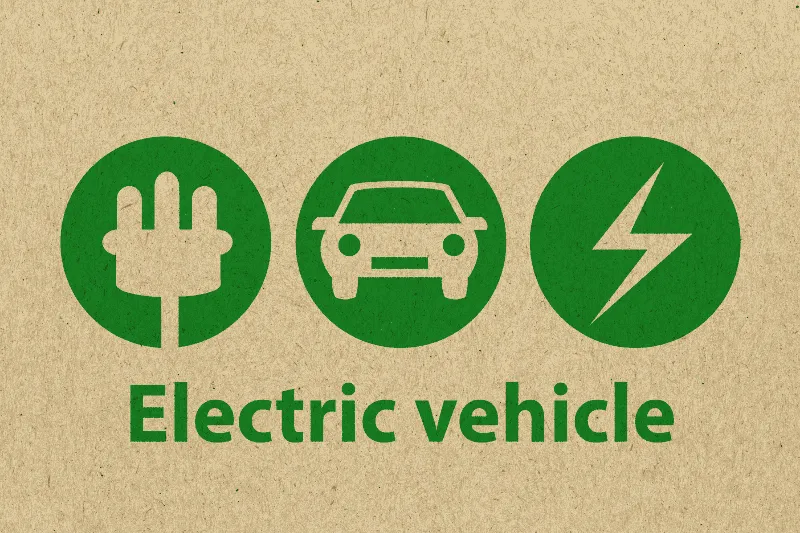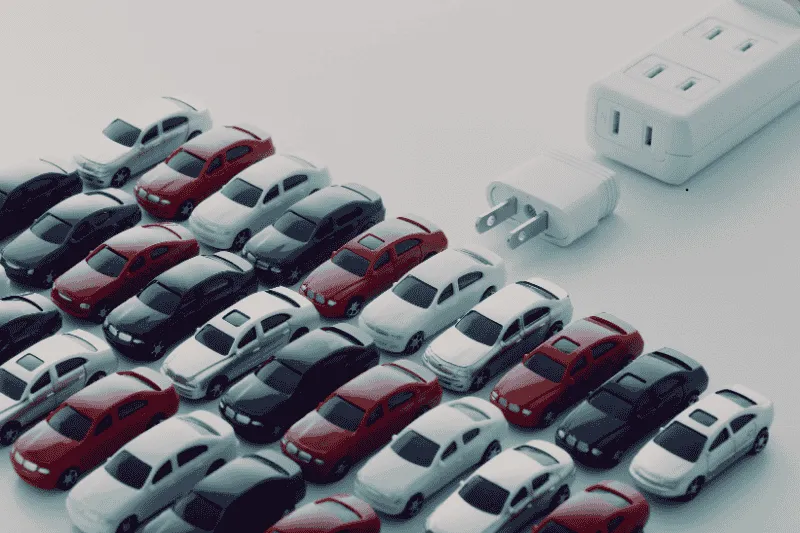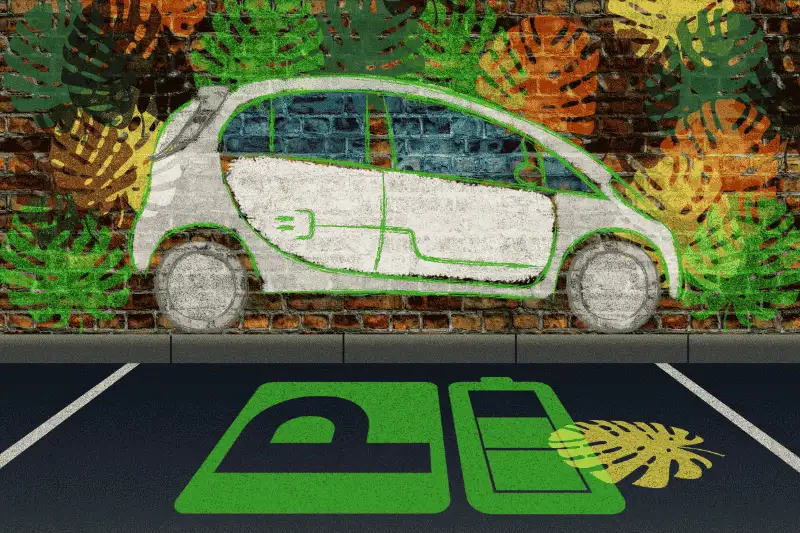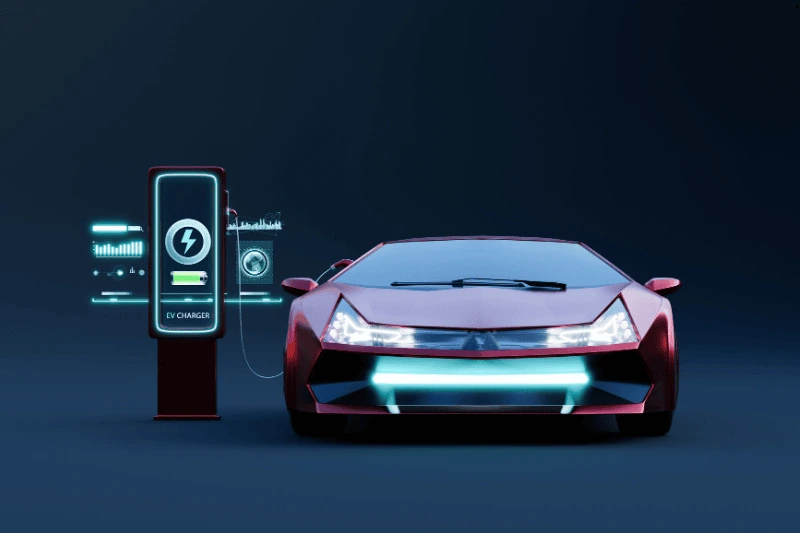Electric vehicles (EVs) are rapidly transforming the automotive industry, with all electric cars leading the charge. As we move towards more sustainable and environmentally friendly options, all electric cars are more than just a passing trend—they signify a significant shift in our approach to transportation. Let’s explore the realm of all-electric cars, examining their advantages, challenges, and the future they hold.
1. The rise of electric cars
The story of electric cars started more than a hundred years ago, but it’s really in the past ten years that we’ve witnessed major progress. With technological innovations, growing environmental consciousness, and government initiatives supporting clean energy, electric cars have emerged as a practical option compared to conventional internal combustion engine vehicles.
2. Benefits of all electric cars
Environmentally Friendly: Electric cars have no tailpipe emissions, which greatly helps to lower air pollution and greenhouse gas emissions. This is vital for fighting climate change and enhancing air quality, particularly in cities.
Cost-Efficiency: Although the upfront cost of electric cars may be higher compared to conventional vehicles, the savings over time can be significant. Electric cars typically have lower maintenance expenses due to having fewer moving parts and not needing oil changes. Moreover, electricity tends to be less expensive than gasoline, which helps to lower the total cost of ownership even more.
Performance and Efficiency: Electric cars deliver immediate torque, resulting in smooth and rapid acceleration. Additionally, they are more energy-efficient than gasoline vehicles, as they convert a greater percentage of energy from the battery into power for the wheels.
3. Challenges to overcome
Charging Infrastructure: A significant hurdle for the widespread adoption of electric cars is the availability of charging stations. Although the number of charging points is on the rise, there remains a pressing need for a more extensive and accessible network, particularly in rural areas.
Battery Technology: Current battery technology still encounters challenges, including range anxiety—the concern that the vehicle may deplete its charge before arriving at its destination. Innovations in battery technology, like solid-state batteries, offer the potential for greater energy density, quicker charging times, and extended lifespans.
Initial Cost: The higher upfront cost of electric cars may discourage some buyers. Nevertheless, as battery technology advances and production scales up, prices are anticipated to drop.

4. The future advancements of all electric cars
The future advancements of all electric cars looks promising, with several trends and innovations on the horizon:
Autonomous Driving: Electric cars are leading the way in autonomous driving technology. Companies such as Tesla, Waymo, and established automakers are making significant investments in creating self-driving features, which have the potential to transform transportation.
Vehicle-to-Grid (V2G) Technology: Electric cars have the potential to greatly impact smart grids. With V2G technology, these vehicles can not only consume energy from the grid but also return energy to it. This capability could aid in stabilizing the grid and offer backup power during outages.
Sustainable Manufacturing: Car manufacturers are increasingly focusing on sustainability throughout the production process. This includes using recycled materials, reducing energy consumption, and minimizing waste.
Global Adoption: Countries around the world are setting ambitious targets for electric vehicle adoption. For instance, the European Union aims to ban the sale of new gasoline and diesel cars by 2035. Such policies will drive the transition towards a fully electric machines.
All electric cars vs Traditional gasoline cars
| Feature | All-Electric Cars | Traditional Gasoline Cars |
|---|---|---|
| Emissions | Zero tailpipe emissions | High emissions, contributing to air pollution and climate change |
| Fuel Cost | Lower, as electricity is cheaper than gasoline | Higher, due to rising gasoline prices |
| Maintenance | Fewer moving parts, lower maintenance costs | More complex engines, higher maintenance costs |
| Performance | Instant torque, smooth and quick acceleration | Varies, but generally slower acceleration |
| Range | Limited by battery capacity; improving with technology | Typically longer range; depends on fuel efficiency |
| Charging/Fueling | Requires charging infrastructure; time-consuming | Quick refueling at widespread gas stations |
| Initial Cost | Higher, but decreasing with advancements and economies of scale | Generally lower, but can vary widely based on make and model |
| Environmental Impact | Positive, reducing greenhouse gases and reliance on fossil fuels | Negative, due to burning fossil fuels |
| Innovation | Leading in autonomous driving and V2G technology | Traditional technology; incremental improvements |
Conclusion
The emergence of all-electric cars represents a major step forward in our journey toward sustainable transportation. Although there are still challenges to overcome, the advantages and possibilities offered by electric vehicles are clear. With ongoing technological advancements and improvements in infrastructure, all-electric cars are set to become a more frequent presence on our roads, steering us toward a greener and more sustainable future.







